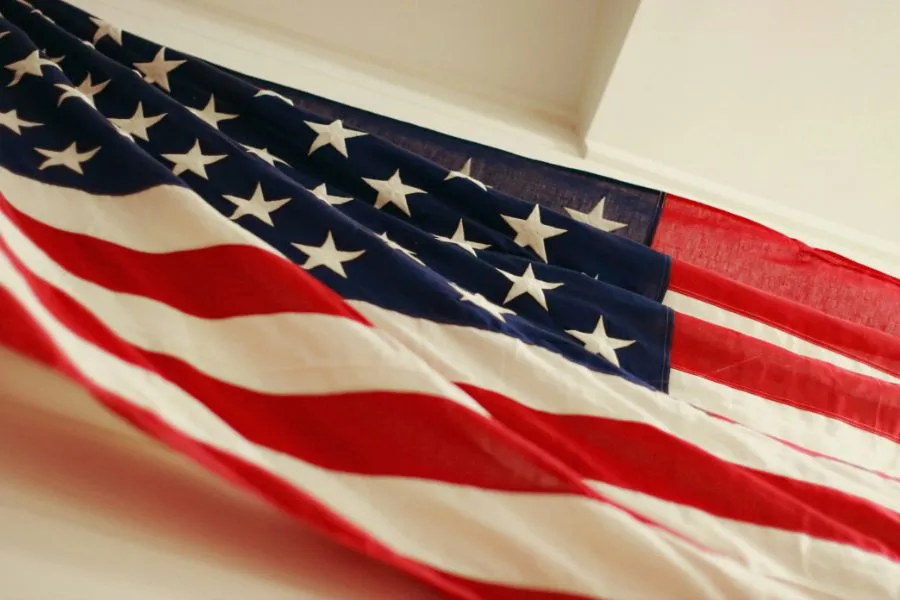If you’re dreaming of studying in the U.S. in 2025, you might want to take a second look at your Instagram account before submitting that visa application. In a sweeping move that has sparked both concern and confusion, the U.S. State Department now requires all student and exchange visa applicants to make their social media profiles public. Whether you’re applying for an F, M, or J visa, your digital footprint is now fair game for government review.
So, what exactly does this mean for international students? And how can you prepare for this new layer of scrutiny without tanking your chances of admission—or your right to privacy? Let’s break it down.
Key Takeaways
What Is the New Social Media Rule for U.S. Student Visas in 2025?
As of May 2025, all applicants for U.S. student (F and M) and exchange visitor (J) visas are required to provide access to any social media platforms they’ve used in the last five years, and that access must be public.
This new policy applies globally, regardless of your nationality, background, or where you’re applying from. It’s a formal update to the DS-160 visa application form, which already asked for social media handles in past years. Still, it now goes a step further by demanding that profiles not be kept private during the vetting process.
In short, you can no longer just list your usernames and hope no one checks. Now, someone absolutely will.
Which Platforms and Timeframes Are Being Reviewed?
The list of platforms being examined isn’t surprising—it includes the usual suspects:
- Twitter (or X)
- YouTube
- TikTok
- And any others declared during the application
Applicants must disclose any social media accounts they’ve used within the past five years, regardless of whether they’re currently active or not. Even if you last posted on Snapchat three years ago during a summer trip, if that account existed, it should be listed.
The visa application doesn’t currently require passwords or full access to private messages, but your public posts, likes, affiliations, and comments are all considered fair game.
Why Is the U.S. Government Implementing This Policy?
According to the U.S. Department of State, the new requirement is about national security. The aim is to allow consular officers to spot potential red flags early—anything from extremist rhetoric, support for antisemitic ideologies, or patterns of online behavior that could indicate a security risk.
The U.S. has had similar policies under review since 2019, especially for high-risk visa categories. But applying this across all student and exchange applicants marks a new level of stringency. Officials argue that, given the increase in global misinformation campaigns and online radicalization, monitoring public social media content helps improve screening accuracy and protect domestic interests.
What Happens If You Don’t Comply with the New Requirements?
This is where things get serious. If you choose to withhold your social media usernames, set your accounts to private, or delete content after you’ve submitted your application, you may face:
- Delays in visa processing
- Requests for additional information
- Denial of your visa outright
Also Read: Are You Ready to Book Your U.S. Student Visa Appointment for Fall 2025?
Any action that appears to avoid or obscure your online activity may be interpreted as suspicious. Even an inactive account that’s suddenly wiped clean can raise eyebrows.
Some applicants might think setting their accounts to “private” is the safe middle ground, but under the new rules, private accounts are now non-compliant during the review window.
How Are Students and Rights Groups Responding to This Rule?
The backlash has been swift. Privacy advocates and international education organizations have raised red flags, calling the policy overly intrusive and potentially discriminatory.
Student groups argue that young people—especially those aged 18–24—often post casually or share memes without realizing how these posts might be interpreted under a visa review. What’s more, civil liberties watchdogs warn the rule could chill free expression, particularly for students from countries where political dissent is common or even encouraged.
Leaders from several countries, including Ireland, have publicly criticized the U.S. move, calling it “chilling,” especially when applied to students from the Global South or those pursuing education in politically sensitive fields.
Could This Policy Delay Visa Processing for Students?
Yes, unfortunately. With more data to review and higher stakes involved, consular officials are already seeing heavier workloads, especially at busy embassies in India, China, Nigeria, and Brazil.
The State Department has confirmed that priority will be given to applicants attending universities with international student populations under 15%, which could impact those applying to more globally popular schools. While there’s no official backlog yet, applicants are advised to prepare for longer wait times, particularly during peak seasons (June to August).
Also, given that consular officers must now cross-check applicant information with a growing volume of digital content, even minor red flags could trigger secondary reviews.
What Should You Do Before Applying for a U.S. Student Visa Now?
This policy doesn’t mean you need to start deleting your social media presence altogether—but you do need to be intentional about what’s visible and how it might be interpreted.
Here are a few practical steps:
- Review your posts from the last five years, especially public-facing ones. If something feels risky or off-brand, archive it rather than delete it.
- Set your profile visibility to public during your visa application period—at least until your visa is issued.
- Be honest when listing your accounts. Omitting a known profile is riskier than disclosing it.
- Avoid controversial content that could be misinterpreted, even if it’s a joke or satire.
- Use your real name on key accounts like LinkedIn to make verification easier for officers.
- Monitor official U.S. State Department guidance, as the rules may continue to evolve in response to criticism.
Final Thoughts: Should This Rule Stop You from Applying?
Not at all. While the new requirements might feel invasive, they’re manageable with a little preparation and awareness. The U.S. remains a top destination for international students, and most consular officers are trained to distinguish youthful social media habits from genuine security concerns.
That said, 2025 is shaping up to be a year where digital reputation matters as much as academic merit. If you’re planning to study in the U.S., think of your social media as part of your application package—and clean it up accordingly.
After all, in the age of digital visas, your feed could be the first impression that counts.





